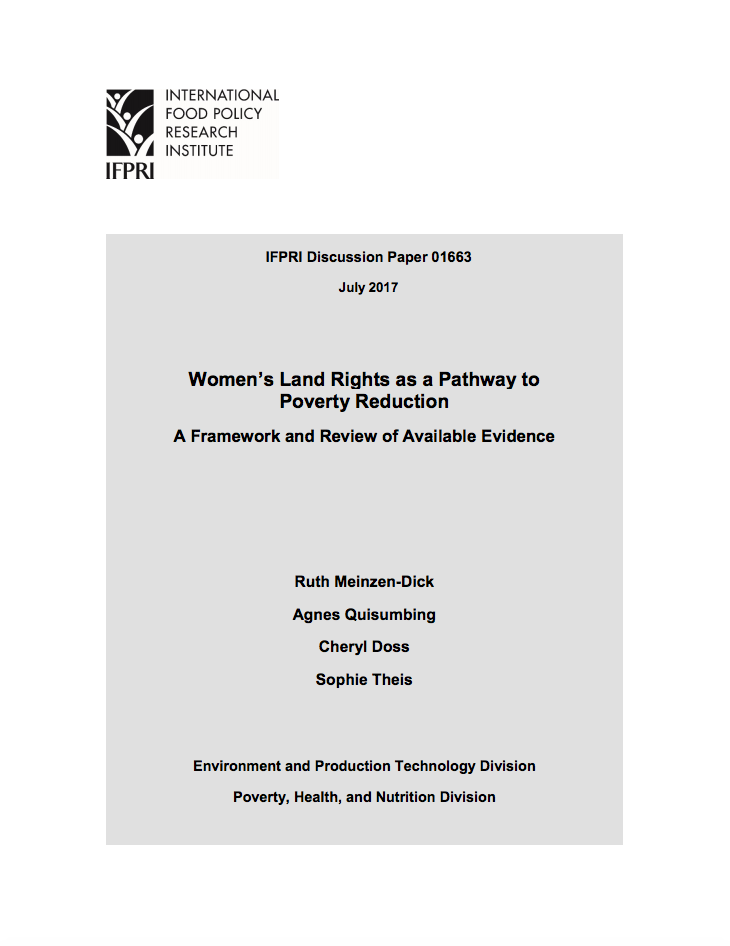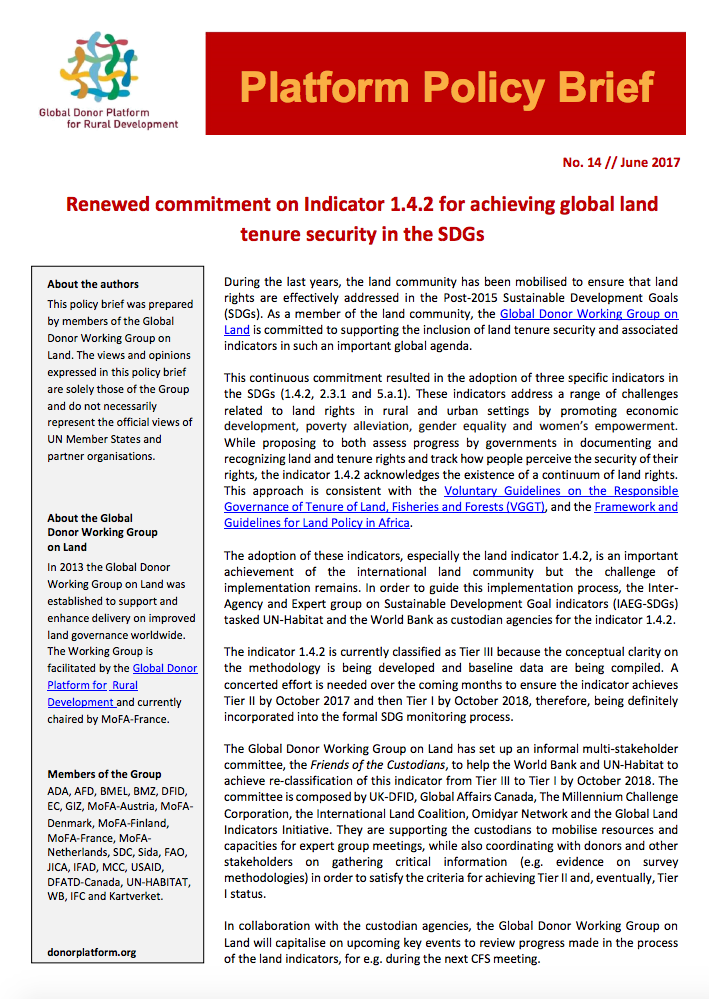Vulnerability, forest-related sectors and climate change adaptation: The case of Cameroon
In Cameroon and elsewhere in the Congo Basin, the majority of rural households and a large proportion of urban households depend on plant and animal products from the forests to meet their nutritional, energy, cultural and medicinal needs. This paper explores the likely impacts of climate-induced changes on the provisioning of forest ecosystem goods and services and its effect on the economic and social well-being of the society, including the national economy and the livelihoods of forest-dependent people.



